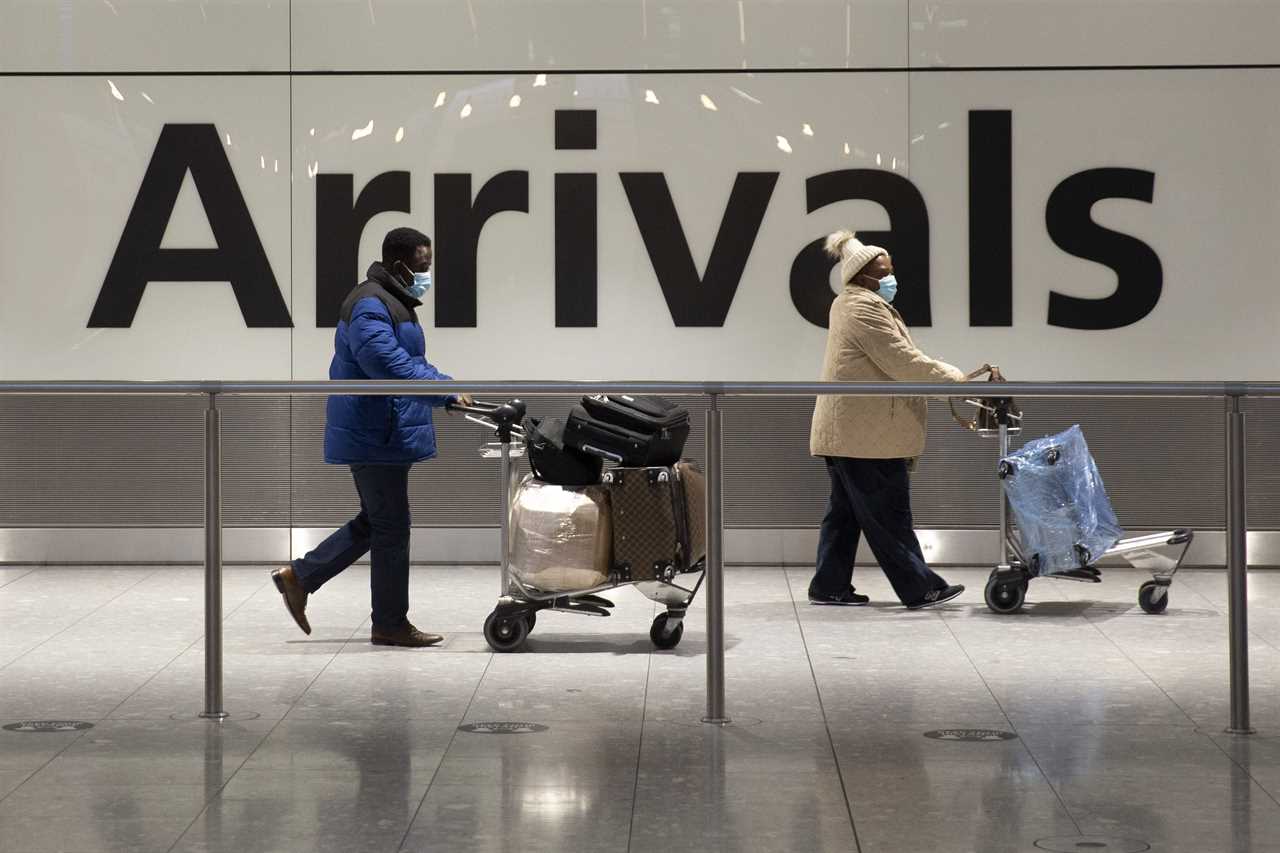
In the intricate landscape of British migration policy, a Government adviser's revelation unveils a paradox: despite anticipated stringent measures, the UK is projected to welcome nearly 300,000 migrants annually. Prof Brian Bell's insights indicate a decline from 430,000 to around 200,000 in the near future, only to rebound towards the 300,000 mark in the long run. This nuanced forecast prompts reflections on the societal implications of such a substantial demographic shift, akin to incorporating a city the size of Nottingham into the national fabric each year.
The wider context: Labour and Tory Policies Influence Migration Trends
Delving deeper into the dynamics shaping migration flows, the chairman of the Migration Advisory Committee (MAC) underscores the multifaceted factors at play. Prof Bell attributes the anticipated decrease in migration figures to diminishing job opportunities and the implementation of rigorous regulations by both Conservative and Labour administrations. Critically, he highlights the potential impact of Labour's proposed reforms, aimed at tightening work visa criteria and restricting recruitment in certain sectors.
Unpacking Labour's Proposed Policy Changes
Within the realm of Labour's evolving stance on immigration, the White Paper spearheaded by Sir Keir Starmer introduces significant adjustments. By proposing restrictions on visas for graduate-level roles, insulating the recruitment of foreign care workers, and elevating language proficiency requirements, the party signals a recalibration of the migration landscape. Prof Bell anticipates a consequential reduction in net migration, possibly up to 80,000 individuals, under these revised parameters, culminating in a medium-term scenario hovering just below the 300,000 threshold.
Human Rights Implications of Evolving Migration Criteria
Amidst the policy shifts, concerns arise regarding the ramifications of raising the minimum salary threshold for sponsoring a foreign spouse to £38,700 from the current £29,000. Prof Bell cautions that such adjustments may encroach upon human rights safeguards safeguarding family unity, hinting at potential legal challenges in light of these changes. This intersection of migration policy and human rights underscores the intricate balance between national regulations and individual liberties.
By navigating the intricate terrain of migration projections and policy adjustments, the UK finds itself at a crossroads where demographic realities intersect with political imperatives. As the nation grapples with the complexities of migration governance and integration, the delicate equilibrium between regulatory frameworks and humanitarian considerations remains a focal point for policymakers and the public alike.
Did you miss our previous article...
https://trendinginthenews.com/uk-politics/revisiting-the-winter-fuel-allowance-unpacking-political-narratives






